About Open Campus (EDU)
What is Open Campus (EDU)?
Open Campus (EDU) is a decentralized protocol designed to address the challenges facing the modern education sector. It leverages blockchain technology to create a more equitable, inclusive, and accessible education system. Open Campus seeks to decentralize the creation and distribution of educational content, empowering students, educators, and content creators alike.
At the heart of Open Campus is the $EDU token, a fungible token that incentivizes high-quality content creation and facilitates collaboration within the education ecosystem. By creating a decentralized network, Open Campus aims to provide learners with access to a broader range of educational materials while giving educators new ways to gain recognition and compensation for their work.
The Open Campus initiative positions itself as a solution to some of the most pressing issues in education, including the centralization of educational resources, limited access to quality content, and unequal opportunities for educators to monetize their contributions.
How Does Open Campus (EDU) Work?
Open Campus operates primarily through its $EDU token, which facilitates the core functions of the ecosystem, such as:
- Decentralized Content Creation and Distribution: Open Campus allows educators and content creators to publish their work directly to the platform, eliminating the need for traditional intermediaries. This enables a more open and inclusive approach to sharing knowledge. The blockchain technology ensures that all content is securely stored and traceable, while enabling global access.
- Incentivizing Quality Content: The $EDU token rewards content creators for high-quality contributions, motivating educators to produce valuable educational materials. These rewards help ensure that only quality content is created, benefiting both students and educators. The system is designed to reward creators for their efforts, encouraging a continuous cycle of content generation and learning.
- Collaboration and Recognition: Open Campus promotes collaboration between students, educators, and content creators. The decentralized nature of the protocol allows educators to collaborate on creating comprehensive learning materials, while students can access a wide range of educational resources. Additionally, educators can gain recognition for their contributions through the use of $EDU tokens, which offer tangible rewards for their efforts.
- Student Empowerment: By decentralizing the content creation process, students are empowered to choose from a more diverse range of learning materials. This system allows for more personalized learning, where students can access the resources that best suit their needs and preferences.
- Governance: As Open Campus is a community-driven protocol, the governance of the ecosystem is decentralized, allowing $EDU token holders to participate in key decisions regarding the development and direction of the platform.
What are the Potential Use Cases for Open Campus (EDU)?
Open Campus (EDU) can have a profound impact across various stakeholders within the education sector:
- For Educators:
- Open Campus provides new opportunities for recognition and monetization. Educators can directly earn rewards through content creation, without relying on traditional publishers or institutions. By contributing to the ecosystem, educators can gain visibility and financial rewards through the $EDU token.
- For Students:
- Students have access to a wider range of educational resources. They can explore a variety of content that may not be available through traditional channels, allowing them to pursue their education in a more personalized and diverse manner. Additionally, by participating in the Open Campus ecosystem, students may also earn tokens or benefits as they engage with and contribute to the learning process.
- For Parents:
- Parents can play a more active role in overseeing and selecting their children’s educational content. With Open Campus, parents can ensure that their children have access to a broad selection of high-quality educational materials, potentially creating a more customized learning experience.
- For Content Creators:
- Content creators (including independent educators, instructional designers, and subject-matter experts) can collaborate to create high-quality learning materials. They can also monetize their work via the $EDU token, providing them with new revenue streams that are less dependent on traditional publishing models.
- For Publishers and Co-publishers:
- The protocol enables co-publishing of educational content, allowing multiple contributors to collaborate on projects, earn rewards, and share the benefits in a transparent and decentralized manner.
- For Educational Institutions:
- Educational institutions can integrate Open Campus into their curricula, enabling students to access a wider variety of resources. Institutions can also leverage the platform to publish and distribute their own educational materials to a broader audience.
- For the Broader Education Ecosystem:
- Open Campus helps to democratize education by decentralizing the creation, distribution, and consumption of educational content. This reduces barriers to access, providing learners from around the world with access to diverse educational resources.
What is the History of Open Campus (EDU)?
Open Campus (EDU) is a community-driven initiative created to tackle some of the most significant issues in the education sector. The platform was developed with the goal of decentralizing education and creating a more equitable and inclusive system.
The protocol was designed with the realization that the global education market, valued at US$5 trillion, faces challenges like centralized control, unequal access to resources, and limited recognition for educators. By integrating blockchain technology, Open Campus seeks to return control of education to educators and learners, fostering a more diverse and transparent learning ecosystem.
Since its inception, Open Campus has gained traction in the education sector and has been adopted by a number of platforms, which demonstrates its potential to transform how educational content is created, distributed, and consumed globally. The use of the $EDU token plays a central role in the ecosystem’s development, encouraging collaboration, incentivizing high-quality content, and empowering users.


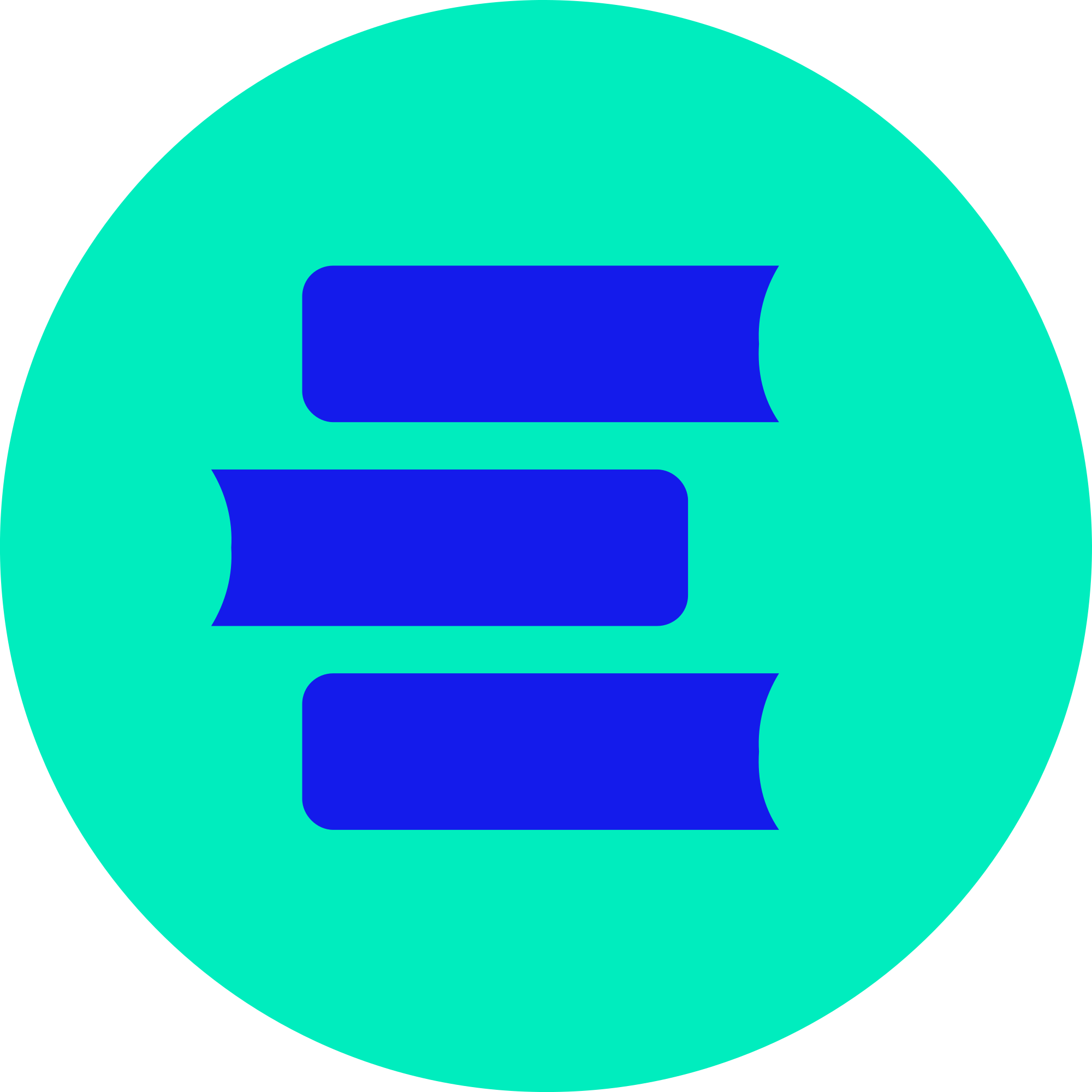
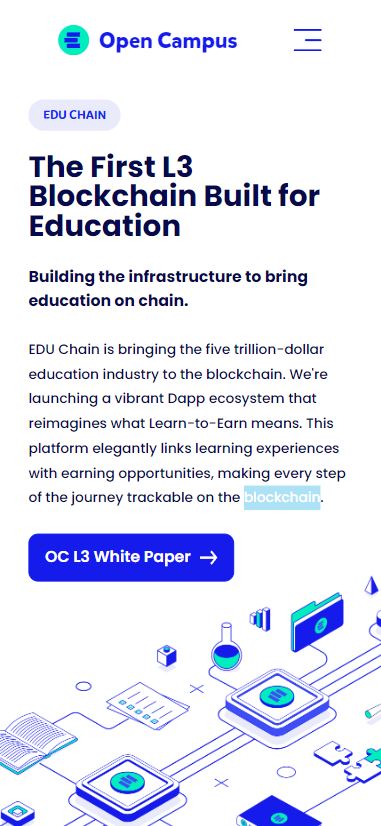
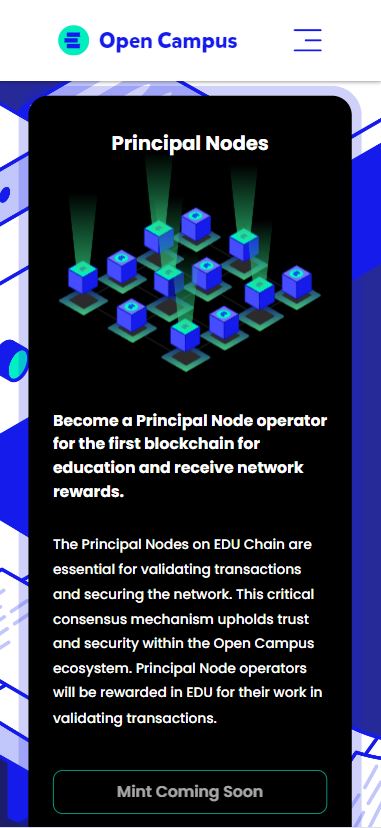
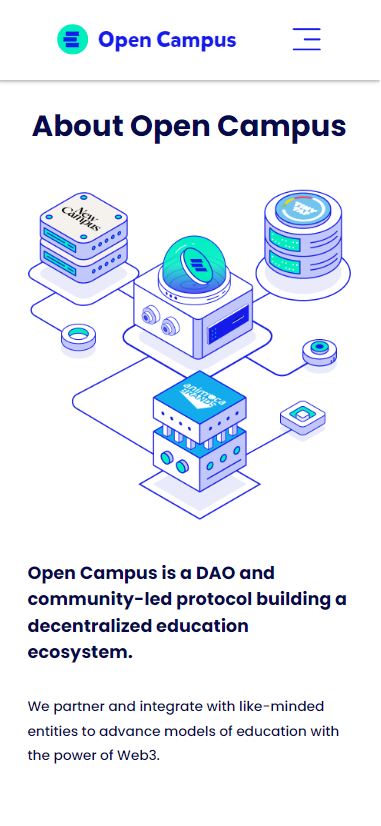
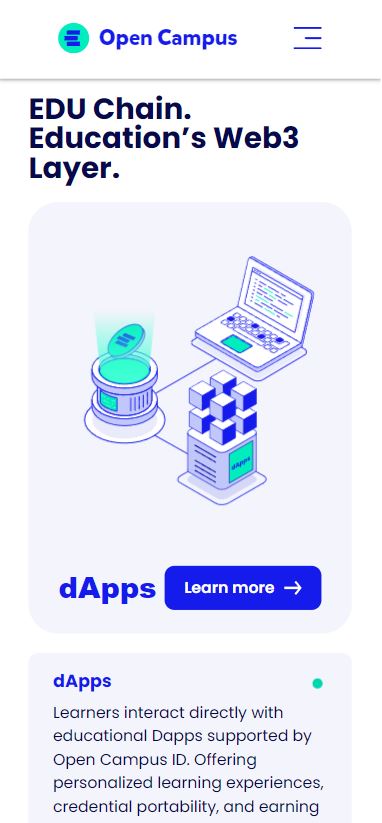
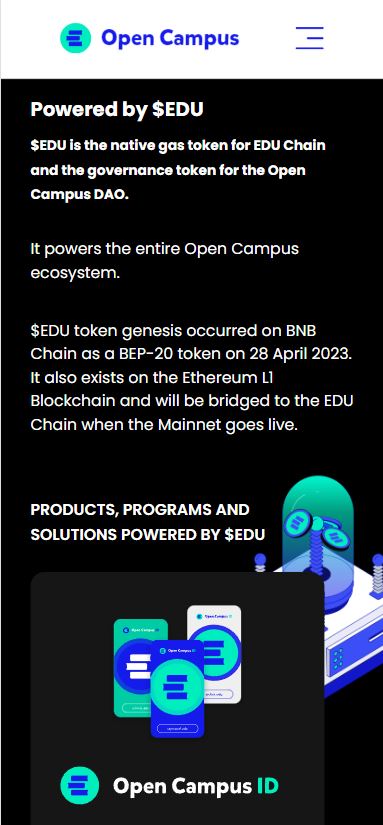
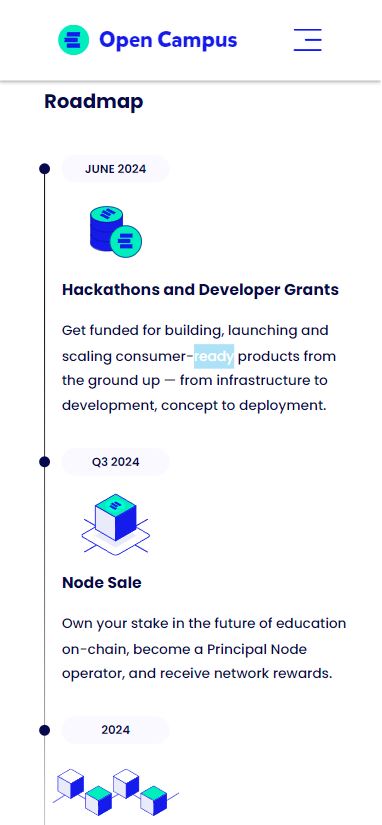
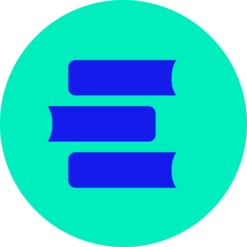








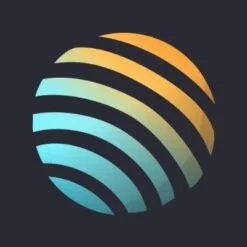

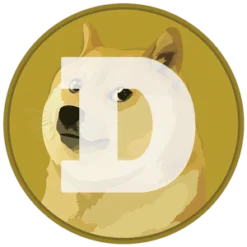

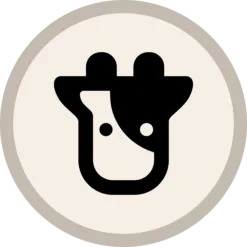
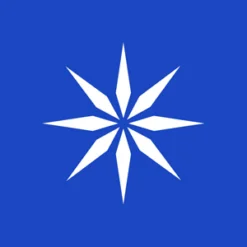
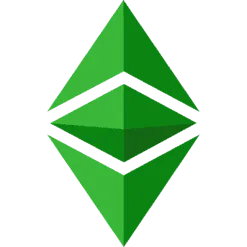

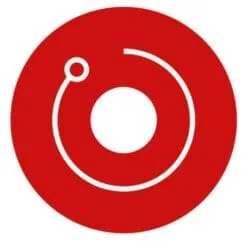

Eyad –
‘